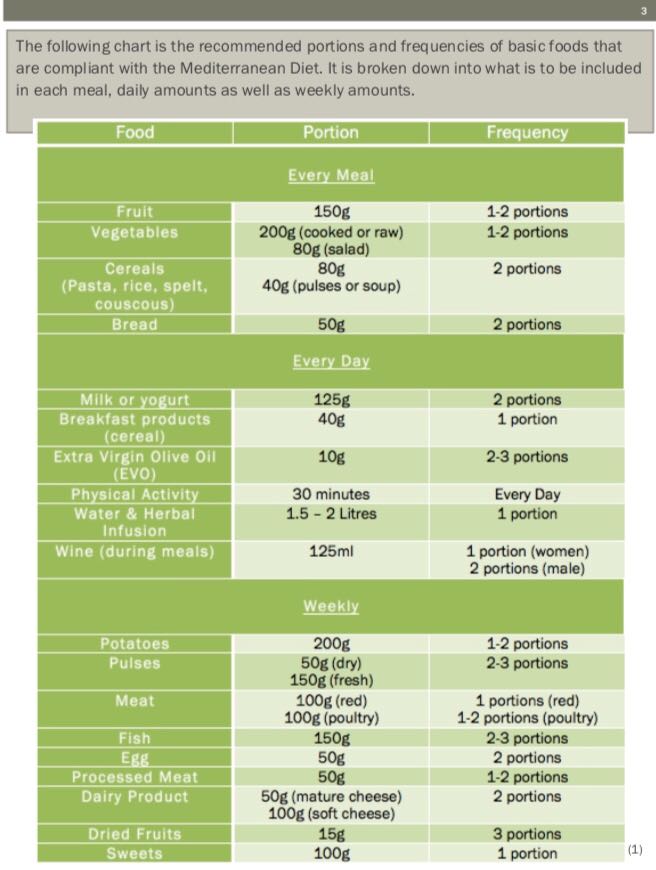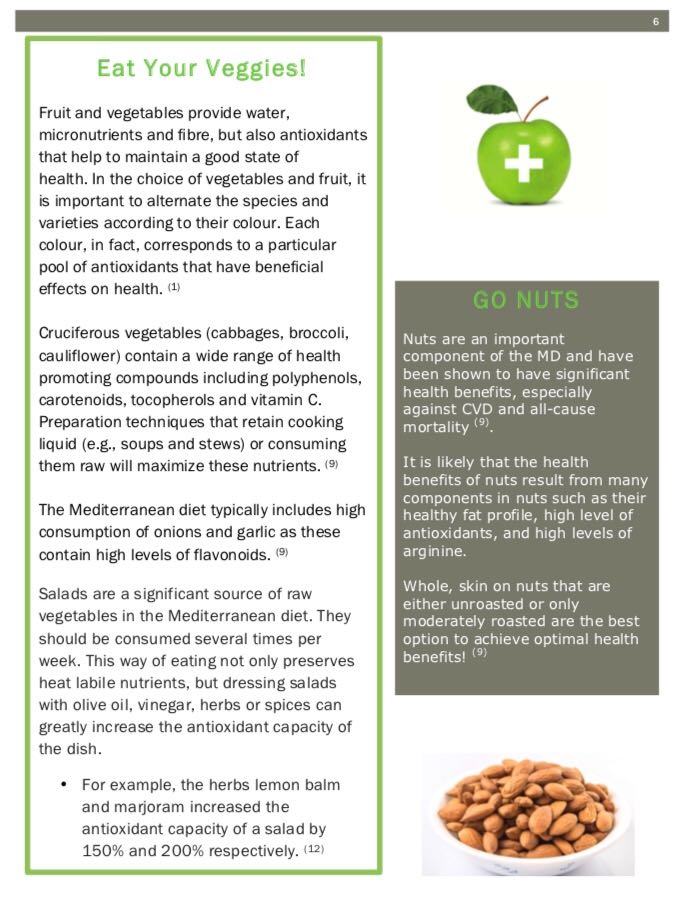BERBERINE AND CARDIOMETABOLIC HEALTH
Berberis Vulgaris (Barberry)
Berberine is a bright yellow-coloured alkaloid compound found in many plants, some of the more common ones including Hydrastis canadensis (goldenseal), Berberis vulgaris (barberry), Coptis chinensis (Chinese goldthread), and Berberis aquifolium (Oregon grape). Berberine has been used traditionally to combat inflammatory disorders, infectious diseases, diabetes, digestive disorders and many others, and has demonstrated benefits on blood sugar metabolism, cardiovascular effects, cholesterol and atherosclerosis.
Berberine appears to exert its cardiovascular effects through various mechanisms that play a role in protecting the blood vessels, decreasing inflammation and modulating levels of cholesterol and blood sugar. Berberine has been shown to affect the modulation of an enzyme called adenosine monophosphate-activated protein kinase (AMPK). AMPK is responsible for maintaining healthy blood vessels through a variety of different mechanisms, including the regulation of another enzyme, called endothelial nitric oxide synthase (eNOS), which is responsible for producing nitric oxide in the cell layer lining our blood vessels. Nitric oxide is important in regulating how our blood vessels dilate (which plays a role in our blood pressure), platelet and white blood cell activation and adhesion (which plays a role in the development of arterial plaques), and antioxidant functions (which is important for preventing damage from free radicals like glycated blood sugar, which is prevalent in diabetes). In simpler terms, AMPK and eNOS are important for maintaining a healthy cardiovascular system. When eNOS is not functioning properly, it can contribute to the development of high blood pressure, diabetes and high cholesterol. Berberine has been found to increase the production of nitric oxide through enhancing activity of eNOS [1, 2, 6, 7].
Current research on berberine has been focused on its metabolic and cardiovascular properties. A research study suggested that berberine was shown to decrease levels of total cholesterol, triglycerides and LDL cholesterol levels, while increasing HDL-cholesterol (which is thought to be protective, or the “good” cholesterol). A meta-analysis demonstrated that the addition of berberine to simvastatin, a cholesterol-lowering drug, resulted in a greater reduction of triglycerides and total cholesterol, and a reduction in the number of side effects, compared to the use of simvastatin on its own [5].
Berberine also benefits blood sugar levels and reduces body fat mass. A research study on diabetic patients showed that those who were given berberine had a reduction in blood sugar levels and cholesterol levels, and those with metabolic syndrome also experienced a decrease in their body mass index (BMI) and waist circumference [3]. A study on women with polycystic ovary syndrome (PCOS), a disorder characterized by insulin-insensitivity, obesity and high cholesterol, found that berberine decreased waist circumference and waist-to-hip ratio, insulin sensitivity and blood sugars and cholesterol levels comparable and/or superior to that of metformin [4].
Berberine is generally well-tolerated, and side effects of usage are usually mild in nature, such as abdominal discomfort, diarrhea, constipation, decreased appetite, and dermatological rashes. Berberine may interfere with certain medications and may not be suitable for everyone. As always, with any natural health product it is important to consult with your naturopathic doctor to see if berberine is safe for you.
References:
[1] Neag M, Mocan A, Echeverria J, et al. Berberine: Botanical Occurrence, Traditional Uses, Extraction Methods, and Relevance in Cardiovascular , Metabolic, Hepatic, and Renal Disorders. Front Pharmacol. 2018; 9:557. https://pubmed.ncbi.nlm.nih.gov/30186157/
[2] Hoffmann D. (2003). Medical Herbalism: The Science and Practice of Herbal Medicine. Healing Arts Press.
[3] Pirillo A, Catapano AL. Berberine, a plant alkaloid with lipid- and glucose-lowering properties: from in vitro evidence to clinical studies. Atherosclerosis. 2015; 243(2): 449-61. https://pubmed.ncbi.nlm.nih.gov/26520899/
[4] Wei W, Zhao H, Wang A, et al. A clinical study on the short-term effect of berberine in comparison to metformin on the metabolic characteristics of women with polycystic ovary syndrome. Eur J Endocrinol. 2012; 166(1):99-105. https://pubmed.ncbi.nlm.nih.gov/22019891/
[5] Zhang LS, Zhang JH, Feng R, et al. Efficacy and safety of berberine alone or combined with statins for the treatment of hyperlipidemia: a systematic review and meta-analysis of randomized controlled trials. Am J Chin Med. 2019; 47(4):751-767. https://pubmed.ncbi.nlm.nih.gov/31094214/
[6] Affuso F, Mercurio V, Fazio V, et al. Cardiovascular and metabolic effects of berberine. World J Cardiol. 2010; 2(4):71-7. https://www.ncbi.nlm.nih.gov/pmc/articles/PMC2999047/
[7] Bagade A, Tumbigeremutt V, Pallavi G. Cardiovascular Effects of Berberine: A Review of the Literature. Journal of Restorative Medicine. 2017; 6: 37-45.






